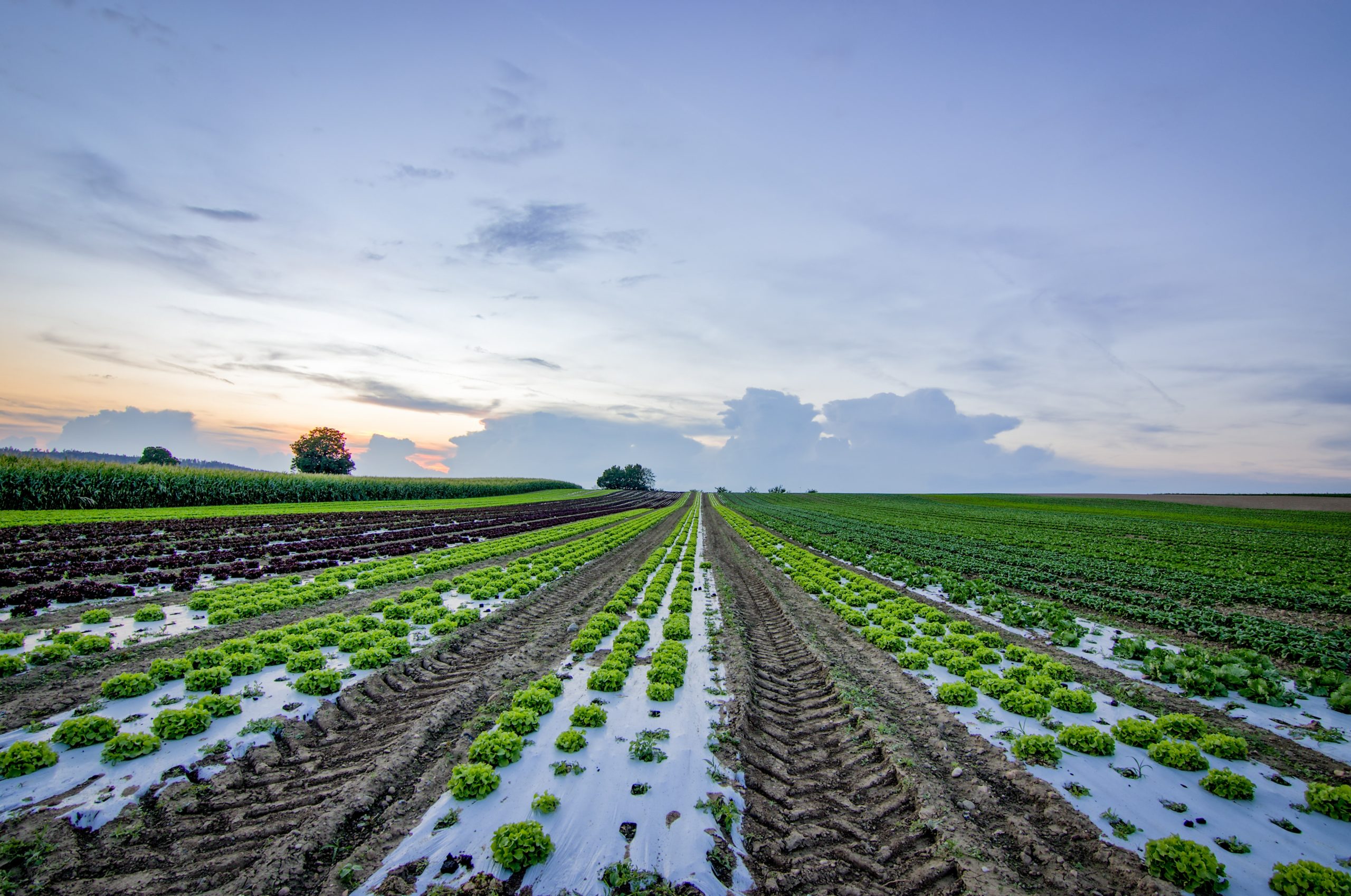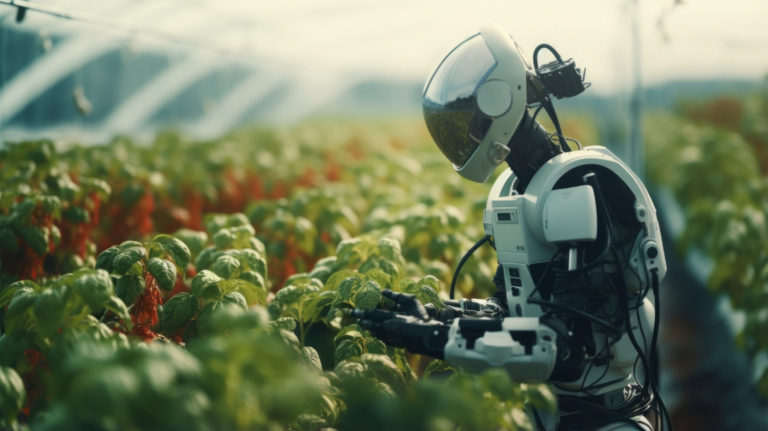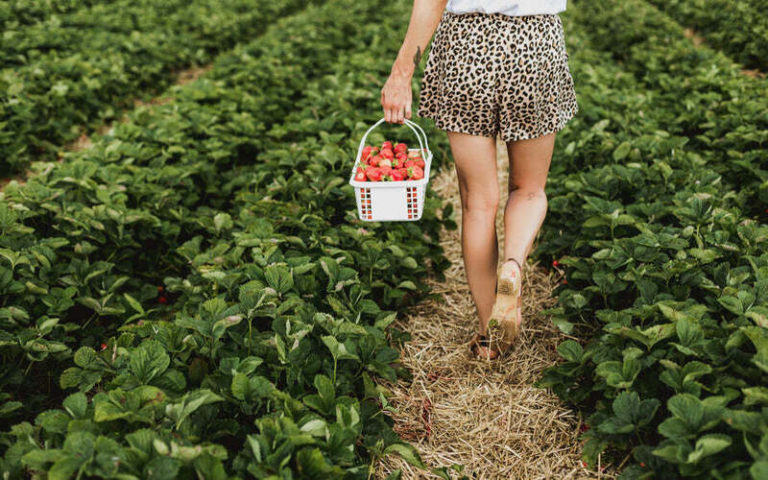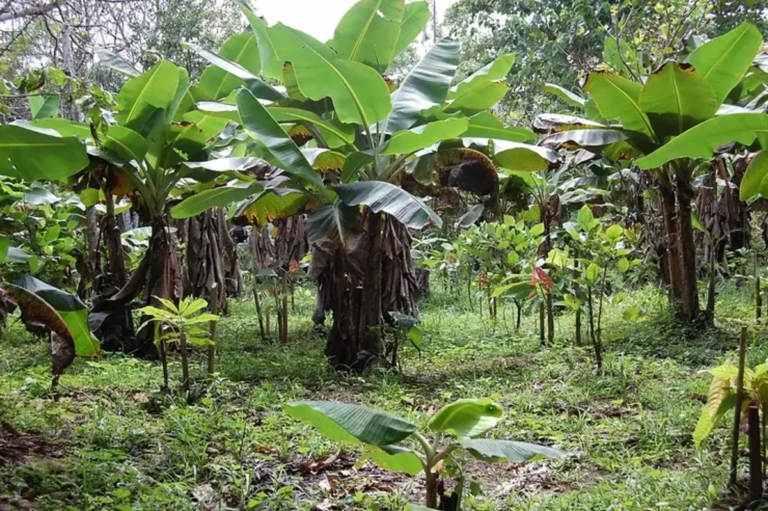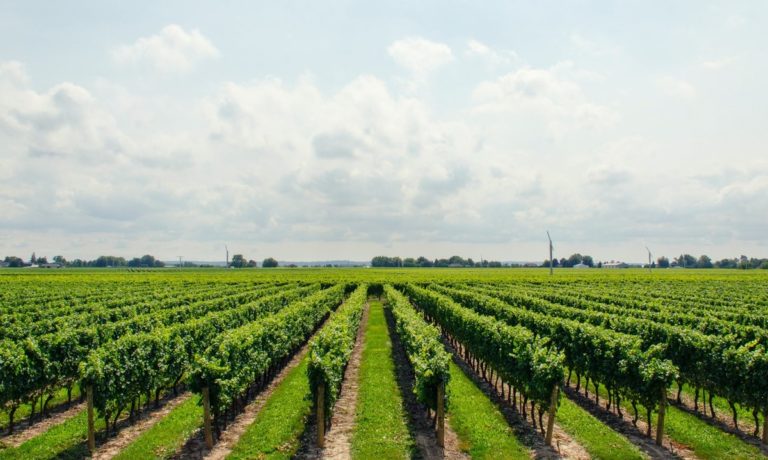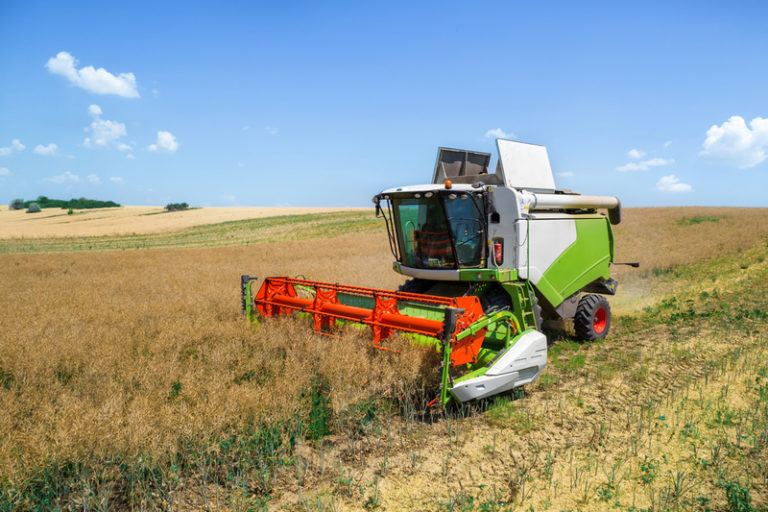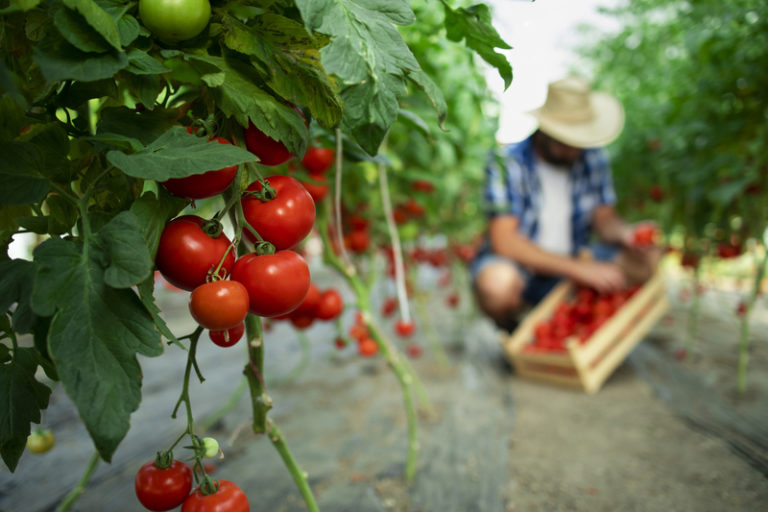Sustainable Crops: The Key to a Healthier and More Resilient Food System
Sustainable crop production is an important part of sustainable agriculture. Sustainable agriculture is important for the health and well-being of our planet.
Sustainable crops are crops that are grown using practices that are environmentally, economically, and socially sustainable.
In this article, we’ll look at the traits, benefits, challenges, and ways to promote crop production that is sustainable.
Characteristics of Sustainable Crops
Sustainable crops have several characteristics that set them apart from conventional crops. They are drought-resistant, meaning they can survive in areas with limited water availability.
They are also resistant to pests and diseases, reducing the need for pesticides and herbicides. Sustainable crops have a low environmental impact, meaning they are grown using practices that do not harm the environment.
They have high nutritional quality and high yield potential, making them a viable option for feeding a growing global population.
Examples of Sustainable Crops
There are many examples of sustainable crops that can be grown in various regions around the world. Legumes such as lentils, chickpeas, and beans are sustainable crops that provide a source of protein for both humans and livestock.
Millets, a group of small-seeded grasses, are drought-resistant and can be grown in semi-arid regions. Quinoa, a grain-like crop, is highly nutritious and can be grown in the Andean region of South America.
Sweet potatoes are another example of a sustainable crop that is highly nutritious and can be grown in a variety of environments. Indigenous crops, like sorghum and yams, have been grown for generations and have adapted to the conditions where they grow.
Benefits of Sustainable Crops
Sustainable crops provide many benefits, both to the environment and to the people who grow and consume them. They stop the soil from washing away and the water from getting dirty.
They also increase biodiversity and help stop climate change. Sustainable crop production can also improve the economic livelihoods of farmers by increasing their income and reducing their dependence on expensive inputs. Sustainable crops are often also more nutritious, which is good for the health of the people who eat them.
Challenges to Sustainable Crop Production
Even though sustainable crop production has many benefits, it also has a lot of problems that must be solved.
One of the biggest problems is that there isn’t enough research and development into sustainable crops, and there isn’t enough information about how to grow crops in a sustainable way.
Lack of roads, irrigation systems, and storage facilities can also make it hard for farmers to grow and sell crops that are good for the environment.
Sustainable crops may not be in demand or may not be able to compete with conventional crops if they can’t get to markets. Lastly, climate change can have a big effect on crop production by making it hard to grow crops in places where it used to be easy to do so.
Strategies for Promoting Sustainable Crop Production
To promote sustainable crop production, several strategies can be implemented. One strategy is to invest in research and development of sustainable crops and sustainable crop production methods.
Another strategy is to improve infrastructure, such as roads, irrigation systems, and storage facilities. Improving market access, such as through fair trade agreements or certification schemes, can also help promote sustainable crop production.
Finally, adapting to climate change by developing new varieties of crops that are better adapted to changing weather patterns can help to ensure that sustainable crop production remains viable in the long term.
Conclusion
Sustainable crop production is an important component of sustainable agriculture, and it provides many benefits to both the environment and the people who grow and consume sustainable crops.
Despite the challenges that exist, there are many strategies that can be implemented to promote sustainable crop production. By prioritizing sustainable crop production, we can ensure a healthy and sustainable future for our planet.
Also Read:
Crop Rotation: A Sustainable Way to Increase Crop Yields and Preserve the Environment

